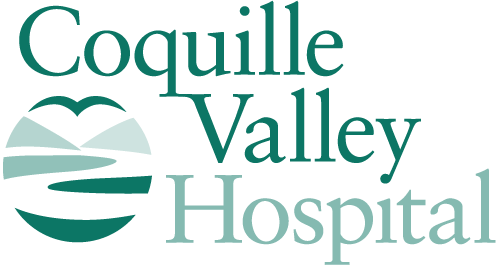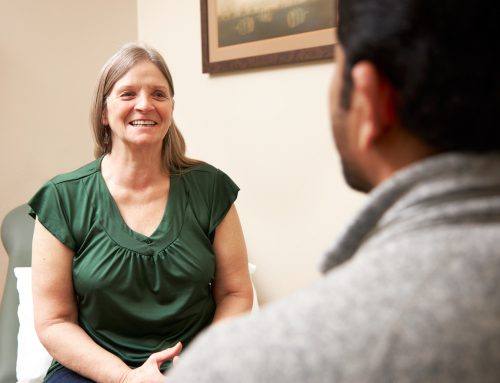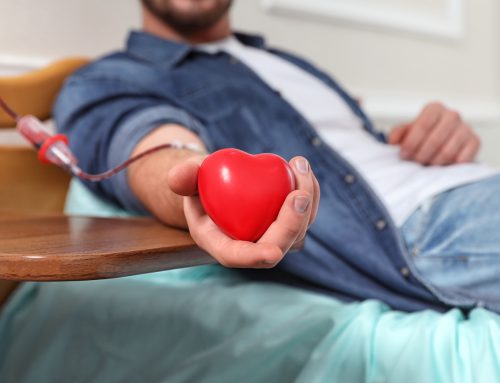When The Heat Gets To You, Know When It’s Time To Call 911
Published August 16, 2024

Summer temperatures can heat up, sometimes even getting into the triple digits, so it’s important to recognize when too much heat is causing health problems, some of which can be serious. Ranging from the milder condition of heat rash to the very dangerous condition of heat stroke, know when it’s time to call 911.
According to the Centers for Disease Control and Prevention, your chances of getting heat-related illnesses depend on where you are, what you’re doing, your level of hydration and your age, all factors that are in play not only when you are home and it’s hot, but also when you travel and conditions are different than what you’re used to. In addition, some people are more likely to get heat-related illnesses, such as the elderly or young children.
Heat-related illnesses and how to recognize them
Relatively minor, heat rash is a skin irritation caused by too much sweating during hot or humid weather. It will appear on your arms, neck or face. It can definitely be uncomfortable, but it’s fairly easy to control by retreating inside to a cooler place. You can also apply powder to get more comfortable as you cool. Also, hydrate.
Heat exhaustion, also considered on the milder end of the dangerous spectrum, occurs when you’ve lost too much water and salt through sweating. You might feel a headache or dizziness, even an elevated body temperature. It’s important to get out of the heat into a cooler spot and start drinking cool liquids. Also use cool compresses to cool the body and remove clothing to help your body cool. Have someone stay with you to monitor you. If symptoms don’t improve, call 911, because heat exhaustion can lead to heat stroke.
The most dangerous heat-related illness is heat stroke, or sun stroke. During heat stroke, your body can’t regulate its temperature and is unable to cool. Your body temperature can rise rapidly – even higher than 106°F in as little as 10 minutes! Heat stroke is dangerous, can even be fatal, so call or have someone call 911 immediately if your skin is hot, you’re not sweating, or if you’re confused or lose consciousness. Have someone stay with you until medical help arrives.
Stay Safe in the Heat
The CDC recommends the following tips for staying safe in the heat:
- Drink plenty of fluids; this means nonalcoholic fluids.
- Wear sunscreen with SPF 15 or higher and reapply regularly.
- Wear a hat and sunglasses.
- Wear loose, lightweight, light-colored clothes.
- Plan to be outside during the cooler parts of the day.
- Stay in the shade when outdoors and rest often.
Subscribe to our monthly emails for Your Well-Being! Get health and wellness tips, hospital news, staff spotlights, career opportunities, our cafe menu and more, sent right to your inbox!
DISCLAIMER: No content on this website, regardless of date, should be used as a substitute for direct medical advice from your primary care provider.




